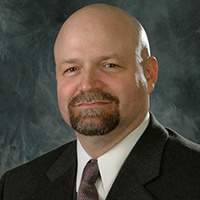Hope Misdemeanor Lawyer, Alaska
Sponsored Law Firm
-
 x
x

Click For More Info:
-
Dan Allan & Associates
800 E Dimond Blvd Suite 3-620 Anchorage, AK 99515» view mapCriminal Defense More Than Just A Law Firm
At the Law Offices of Dan Allan and Associates, we believe in helping our clients get rid of some the stress their facing.
907-344-8851
Not enough matches for Hope Misdemeanor lawyer.
Below are all Hope Criminal lawyers.
Steven J. Priddle
✓ VERIFIEDAttorney Priddle has extensive experience representing clients in a variety of DUI, domestic violence and divorce cases. As a DUI attorney, a criminal... (more)
Christopher M. Cromer
✓ VERIFIEDChristopher M. Cromer is a practicing lawyer in the state of Alaska handling a variety of legal matters.
James Alan Wendt
✓ VERIFIEDAttorney James Wendt was born in New York City and raised in northern New Jersey. Mr. Wendt was educated at Northeastern University and the State Univ... (more)
 Daniel Allan Anchorage, AK
Daniel Allan Anchorage, AK Practice AreasExpertise
Practice AreasExpertise



